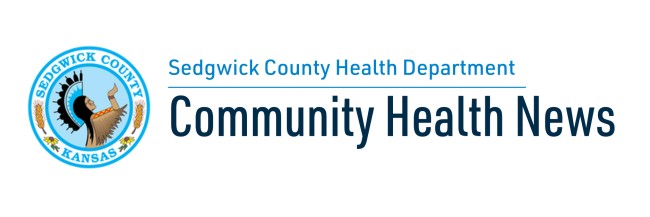Community Health News

Welcome to the Sedgwick County Community Health News page! Click on a topic below to see the latest.
Curious about health happenings in Sedgwick County? Sign up for the Community Health News quarterly newsletter here.









